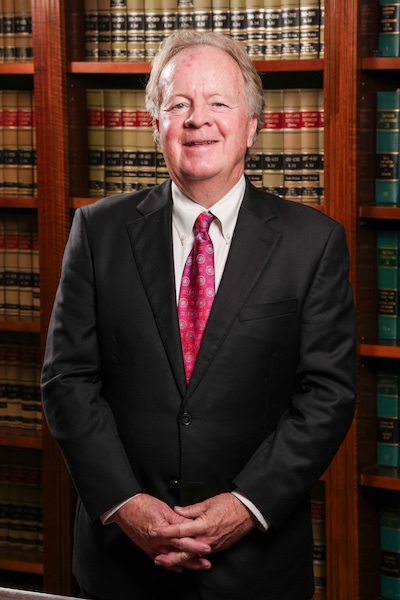The advent of ride-sharing services such as Uber or Lyft has been a great boon to many including disabled individuals who can't drive and of course people who want to go out for drinks but don't want to drive afterwards. Inevitably, as the ride-sharing businesses compile millions of rides and riders, accidents occur.
So, if you are hurt while riding in an Uber or Lyft vehicle or are hurt by a an Uber or Lyft vehicle, against whom do you make a claim in Maryland or D.C.? The answer is a little odd.
You make a claim against the, driver of the at-fault vehicle or vehicles, just as in any car or truck crash not involving a ride-sharing driver. This basic fact defies what ordinary people understand to be true. Laypeople think that the claim or claims are brought against the at-fault driver's insurance company which is not precisely accurate.
This is because of a so-called "legal fiction", that one's cause of action for negligence lies against the negligent driver. Obviously anyone who has previously had a car accident claim knows that the negotiations over the value of the case take place with the insurance company and that any payment comes from the insurance company but that is because of the existence of insurance policies which are contracts separate and apart from any of the facts of the accident.
In Maryland mentioning the words "car insurance" at trial was forbidden and could end a trial prematurely with a mistrial. The quaint notion was that jurors would award more damages to the injured victims if they knew insurance would be paying. In this era of required compulsory car and truck insurance, everyone knows insurance will pay and the longtime "legal fiction" is no longer sensible.
So obviously if the Uber or Lyft driver was at fault one makes a claim against them and their insurance. So what is that insurance and who provides it?
The answer is it depends. If the ride-sharing driver is at fault but is in their civilian not working at ride-sharing mode, then your claim is against the insurance maintained by that driver on their car for personal use. If the driver is in ride-sharing mode without a passenger and without having accepted a passenger but has the Uber app turned on the coverage is quite limited to $50,000.00 per individual injured and $100,000.00 per crash.
This $50,000.00/ $100,000.00 coverage is provided by the ride-sharing service rather than the individual driver's insurance.
If the ride-sharing driver is en route to an accepted fare or has a passenger in their vehicle then Uber and Lyft both provide $1,000,000.00 in both liability and uninsured motorist coverage.
Million dollar policies are rare in the car and truck accident sphere but of course this is coverage being provided to a multi-billion dollar company with literally millions of drivers. Which leads to the fact that unleashing millions of drivers performing multiple millions of trips will inevitably lead to millions more car and truck accidents.
Some of these crashes will be severe or deadly and the question presents itself " What about catastrophic injuries worth far more than a million dollars?" Paraplegia, quadriplegia and death cases fairly produce multi-million dollar jury verdicts and one must ask, can we sue Lyft or Uber for the actions of their drivers who make them billions of dollars?
That question is being asked in courts across the country. No definitive answer is presently available in Maryland or the District of Columbia but a collision between the ride sharing empire and catastrophically injured victims of car and truck accidents is inevitable.
For more go to the latest episode of Everyday Law on Howard Community College's website, a link will follow in our next article concerning whether ride-sharing drivers are employees of Uber and Lyft or independent contractors.

